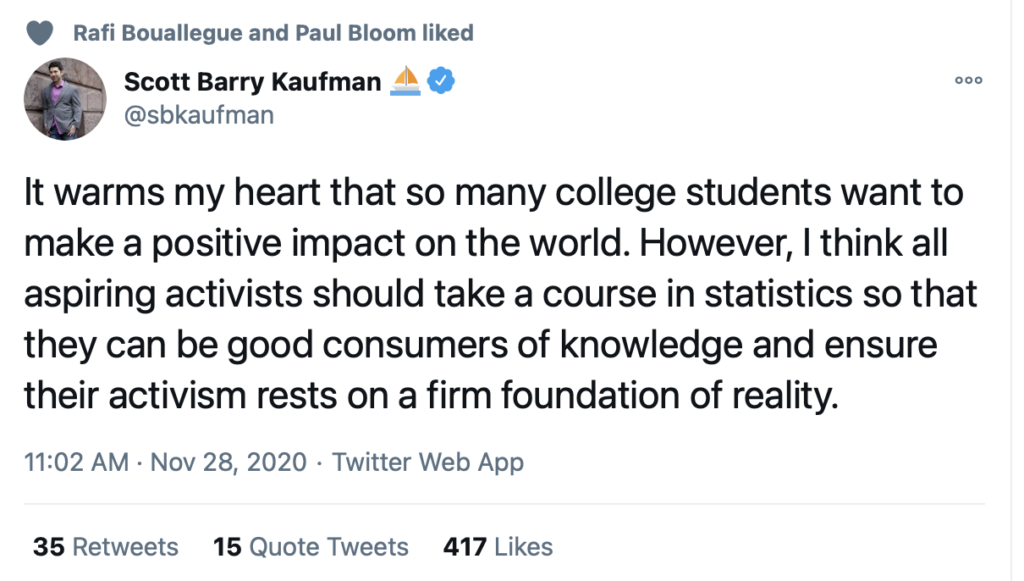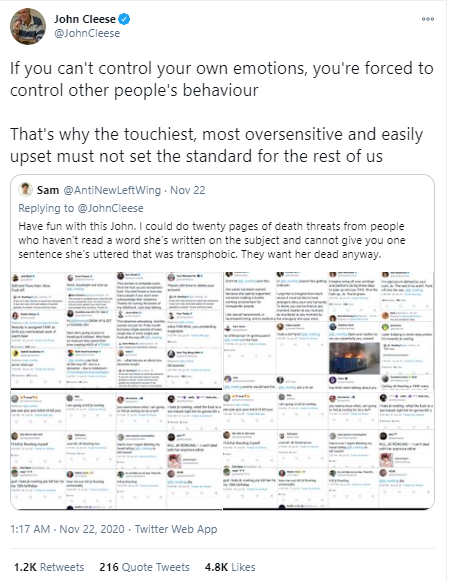Making Farming a Reality in Rose Bud, Arkansas
I met Steve Grappe ten years ago in St. Louis when I was attending a Lightroom course he was teaching. Back then, Steve was an excellent photographer who eventually became my photography mentor. He taught many other people too. He was the center of vibrant photography community. I quickly learned that Steve was an indefatigable man with an expansive skillset and nonstop creativity. A few years ago Steve left St. Louis to reconnect with Kelly, his prom date from many years earlier when they attended high school together in Arkansas. They were married in May 2018. He took a day gig as a car mechanic and she continued her job as a telecom executive. They settled down and lived happily ever after. The End.
Actually, that's not quite the end of the story. A few months later, they bought a dilapidated old farm in Rose Bud, Arkansas. It was actually much worse than dilapidated. I think Steve said he bought it for a bag of acorns. They worked around the clock to fix up the place and this took an enormous amount of sweat equity. Steve and Kelly were helped considerably in this project by Kelly's teenage daughter, Grace.
Steve and Kelly were still most definitely not farmers, but at about this same time they decided they needed to learn how to run a farm, so they attended one of the best farm schools available: Youtube. They also asked lots of questions and listened to others in the business. They jumped right in and brought in some livestock, including chickens, pigs, turkeys, rabbits and pigs. They named their special place "Forevermost Farms," a name based upon a syrupy romantic encounter that I don't have time for right now. All of that was such long time ago . . . To recap, Steve and Kelly got married all the way back in May of 2018. They then bought a run-down farm, turned it into a really cool place where some of the animals wear clothes and sometimes sing in little animal quartets. Steve and Kelly went to YouTube University in order to learn how to humanely and organically raise these eccentric critters. Their work has become their passion and I now realize that they were just getting started.
Fast forword: In the past couple weeks, Steve and Kelly said goodbye to their latest batch of 3,000 chickens that they raised over the past few months. They also recently said goodbye to 300 turkeys, 60 pigs and, if I'm remembering correctly, a partridge in a pear tree. Most recently, they announced that one of their dogs is pregnant, which will provide them with more dogs to help them raise their livestock. Things are always happening at Forevermost.
The above numbers boggle my mind, but I've visited Steve and Kelly and I've seen their beautiful place. I've seen many of their animals and I know that many of those animals have both personalities and names. Steve has also become an expert in the mating habits of their animals. He carefully (some would say voyeuristically) observes the animals to see who is doing what to whom. Beware. If you ask Steve a question about animal sex, he will speak to you much more directly than your parents ever did when they gave you the "sex talk."
As Forevermost Farms has become a reality, I've seen a special glow in the eyes of Steve and Kelly. They have accomplished something I would have thought impossible until I saw it with my own eyes, especially in that short time frame, and it was all done on a limited budget. But guess what? My two wonderful upbeat hard-working friends have now most definitely become farmers.
If you'd like to know more about the story of Forevermost Farms, you are invited to follow Steve and Kelly on Facebook or at the Forevermost Farms Website. Please do visit their website so that you can take in some of this celebration that has become their lives.







